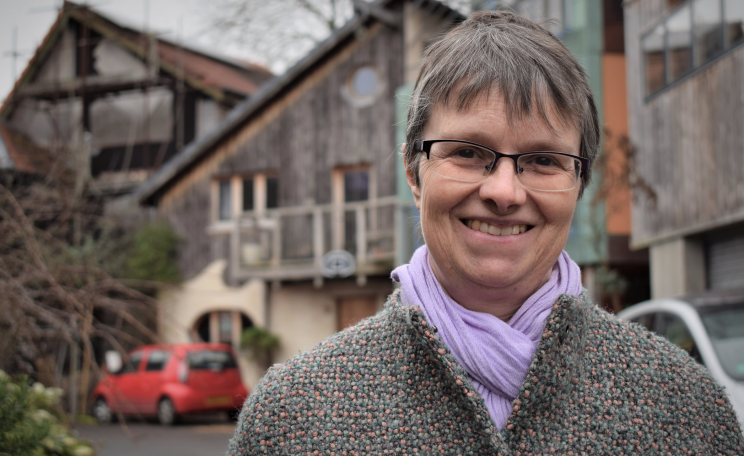‘What is the difference between Iceland and Ireland?’ asks a Belfast-based green economist friend. Answer: one letter and about six months. The Irish economy is one of the most beleaguered in the EU, its banks having to be nationalised and its inward-investment strategy holed below the waterline.
Economic policymakers have relied on a low tax regime to encourage investment but this has also weakened the state, undermined social provision and deepened inequality. The unravelling of this model began when ‘competitors’ in central Europe cut their taxes and undercut Ireland on wage-rates, in a classic example of the race to the bottom. The environmental consequences of wide-scale property development were also disastrous.
The country that made good from the EU has found its membership of the euro to be a double-edged sword. The single currency may offer Ireland some protection now, but it has caused the asset bubble and consequent bust by limiting room for economic manoeuvre and forcing Ireland to live within the confines of interest rates fit for the transition economies. The result was a spectacular infl ation in asset values – especially property – and a rush of capital and people into the country.
Pro-euro opportunists on this side of the water have tried to use the financial crisis as an argument for the UK to join the single currency; in fact it is the opposite: membership in a unified currency area for diverse economies can only ever lead to imbalance because of the one-size interest rates being incapable of fitting all. Green economists opposed the idea of the single currency, calling instead for the euro to become a common currency – part of a move towards a world of currency diversity.
In his 1992 book The Growth Illusion, Richard Douthwaite, a green economist now living in Westport, County Mayo, described the abandonment of the dream of economic independence that inspired Ireland’s first president, Éamon de Valera. The lessons learned as England’s first overseas colony were forgotten in the rush to leap on to the neocolonial bandwagon of the financialised global economy. The Celtic tiger is now under the boot of the corporate big-game hunter; the Irish government struggles to maintain solvency and credibility within Europe.
Contemporary green politicians share much of de Valera’s vision of self-sufficiency and strengthened local economies, a vision that seems increasingly prescient as international trade collapses and we face declining oil supplies. The green vision is an open-spirited and cosmopolitan one, however, welcoming a diversity of cultures and lifestyles; green economists favour relocalisation without the cultural inwardness and conservatism that characterised the Ireland of de Valera.
As a consequence of its liberation from the political constraints of the UK, Ireland can demonstrate the advantages of a proportional representation electoral system that allows Greens into government, even if only in coalition. Although there is resistance to any variation in the ‘international competitiveness’ mantra that has dominated policymaking in recent years, there are some hints of a Green New Deal: €100 million to be invested in renewable energy; 4,000 jobs to be created in home insulation, and policies to support the growing of organic food including a much derided – although entirely sensible – policy of creating ‘edible playgrounds’.
In spite of these few ‘green shoots’, the Irish economy is in a sorry state. It has lost its independence and commodified its culture in return for the fickle fool’s gold of foreign capital and tourist earnings. To answer the question we began with, the real difference between Iceland and Ireland is in terms of resources. In real economic terms Ireland is wealthy: it has a creative and skilful population, land, energy and water. The citizens of Ireland – like people across the globe – are only awaiting politicians with the vision to replace their vulnerable, globalised economy with a self-reliant, localised one.
Molly Scott Cato is a reader in green economics at the Cardiff School of Management.
This article first appeared in the Ecologist June 2009







